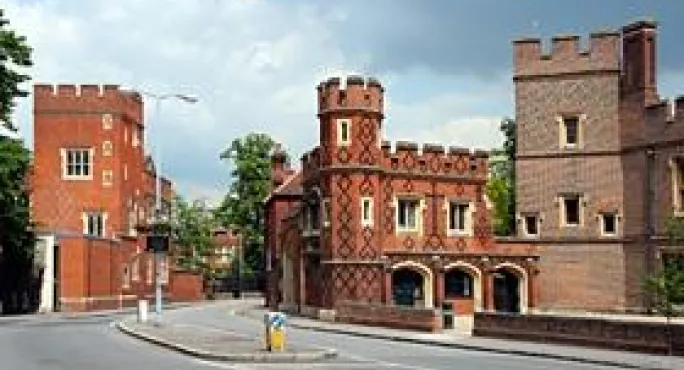Eton head `tyrannised’ by system

He leads one of the country’s most elite schools, where scores of pupils achieve top grades each year - but the headmaster of Eton College is calling for GCSEs to be scrapped in favour of a basic school leaving certificate.
The move would give schools much greater freedom over what they teach and allow for more imaginative ways of engaging and assessing pupils, according to Anthony Little.
Mr Little has previously argued for the number of GCSEs that pupils take to be limited, but this week went significantly further in demanding an overhaul of the exam and university entrance system.
The “static” nature of GCSEs is a “great failing” of the way pupils are assessed and puts too much emphasis on individual performance, he said. Replacing the exams with a leaving certificate in a limited number of subjects would allow schools to offer pupils more appropriate courses that help prepare them for work.
“Of course, what the government needs is a snapshot of a generation in terms of literacy, numeracy and scientific awareness,” Mr Little told TES.
“You could have some kind of matriculation requirement which could be pretty much pass or fail. You would have a national standard in these competencies, but then you would open up the possibility of a range of more imaginative lessons directed by the school.
“I’m not against the notion of examining, that’s part of life, but GCSEs are a very particular way of examining at a certain level. At 16 you have to have some kind of standard or certificate but it does not have to be as all embracing or extensive (as GCSEs). Then it would be left to the school to devise courses that are suitable for its own students. For example, you could have nuclear physics or at the other end of the scale you could have something vocational.”
Mr Little said that schools needed to better prepare pupils for a work environment, rather than focus on what they achieve “sitting at a desk on their own”. “In a freed-up environment you could find different ways to learn in groups or with extended projects,” he said.
The barrier to change is that universities use GCSEs to help decide admissions, Mr Little added. He called for the introduction of post- qualifications application, where students apply after they have received results at 18.
“If that happened, at a stroke you would liberate our entire system,” said Mr Little. “You would have a system of exams for universities that could be as trenchant as you like, but . what happens up to 16 would be almost immaterial.”
Mr Little made his comments after speaking at a private schools conference earlier this week. David Hanson, chief executive of the Independent Association of Prep Schools, said the fact that a school like Eton felt “tyrannised” by the exam system showed that it would be difficult for schools to take a stand.
But Mr Little said that he would not go it alone at Eton by cutting the numbers of GCSEs pupils take as it could damage their chances of getting into university. “It would be quite a risk and I would be playing with the lives of students when this is their one chance,” he said.
HOW IT WOULD WORK The leaving certificate proposed by Mr Little to replace GCSEs would see pupils study a limited number of subjects. “For example, you could matriculate in English, maths, science and a foreign language - you could debate exactly what subjects - to get a snapshot of what’s going on,” he said. The core of subjects he suggests is more limited than the government’s controversial EBac measure, which also requires a GCSE grade C or above in geography or history. Original headline: A Little idea: replace GCSEs with a leaving certificate
Keep reading for just £1 per month
You've reached your limit of free articles this month. Subscribe for £1 per month for three months and get:
- Unlimited access to all Tes magazine content
- Exclusive subscriber-only stories
- Award-winning email newsletters



